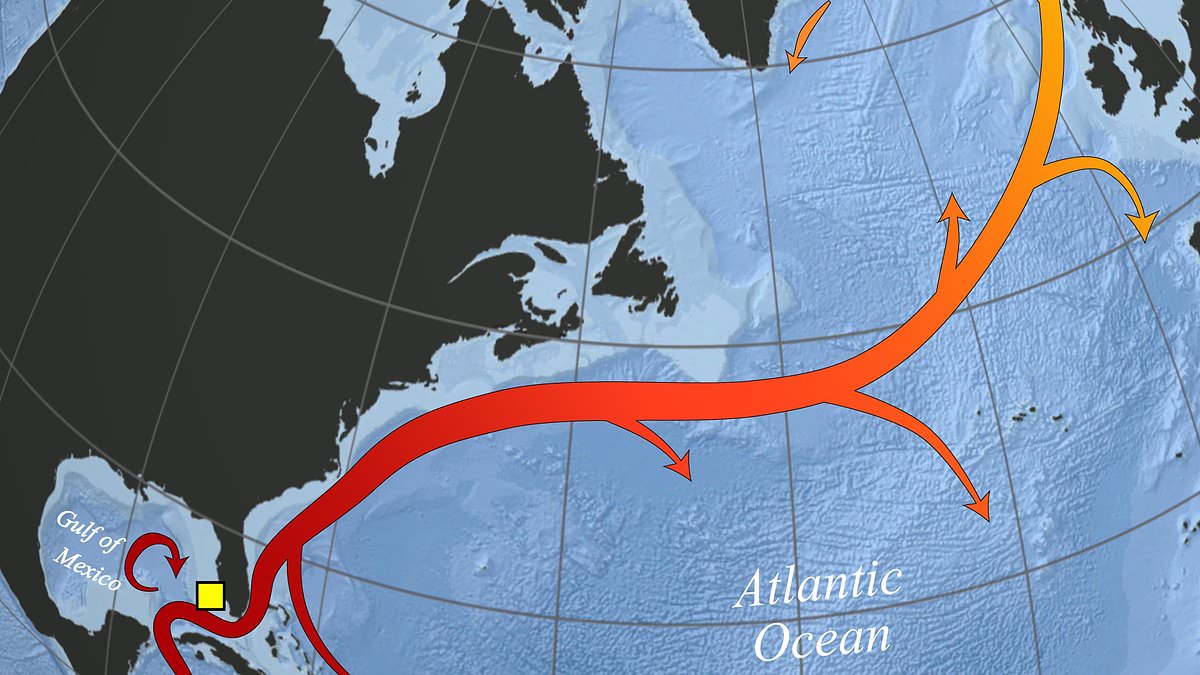
The Ocean’s Great Conveyor Belt: Understanding the AMOC
The Atlantic Meridional Overturning Circulation (AMOC) is a crucial ocean current that regulates global temperatures and weather patterns. Often referred to as the ocean’s great conveyor belt, the AMOC transports warm water from the tropics to the northern Atlantic. This process not only ensures milder winters in regions like northwestern Europe and the northeastern United States but also influences weather patterns worldwide.
What Happens if the AMOC Fails?
Recent research from a European team has raised alarms about the potential collapse of this vital ocean current. If the AMOC were to shut down, the northeastern United States might face significantly colder winters and drier summers, impacting local ecosystems and economies, especially industries reliant on fishing. The Gulf Stream, a prominent branch of the AMOC, plays a major role in this system, impacting cities along the East Coast.
Predictions and Scenarios
Models utilized by the Intergovernmental Panel on Climate Change (IPCC) suggest that if greenhouse gas emissions continue at the current pace, the AMOC could face shutdown as early as 2100. In fact, a new study indicated that the tipping point might occur even sooner, around 2050. This grim forecast highlights the urgent need for actionable climate policies that can accelerate emission reductions.
Protecting Our Climate: What Can We Do?
Individuals can contribute to the fight against climate change by adopting eco-friendly practices. Simple choices, such as using renewable energy sources, reducing plastic waste, and supporting sustainable products, can collectively make a significant difference.
One savvy product that promotes sustainability is the Eco-Friendly Reusable Water Bottle. Not only does it help reduce plastic waste, but it also encourages hydration and wellness—ideal for balancing your lifestyle in harmony with nature.
Conclusion: Taking Action Today for a Sustainable Tomorrow
As we stand at a critical juncture for our planet’s future, understanding the implications of AMOC collapse is vital. By staying informed and making sustainable choices, we can work toward mitigating the effects of climate change and preserving the delicate balance of our environment.



